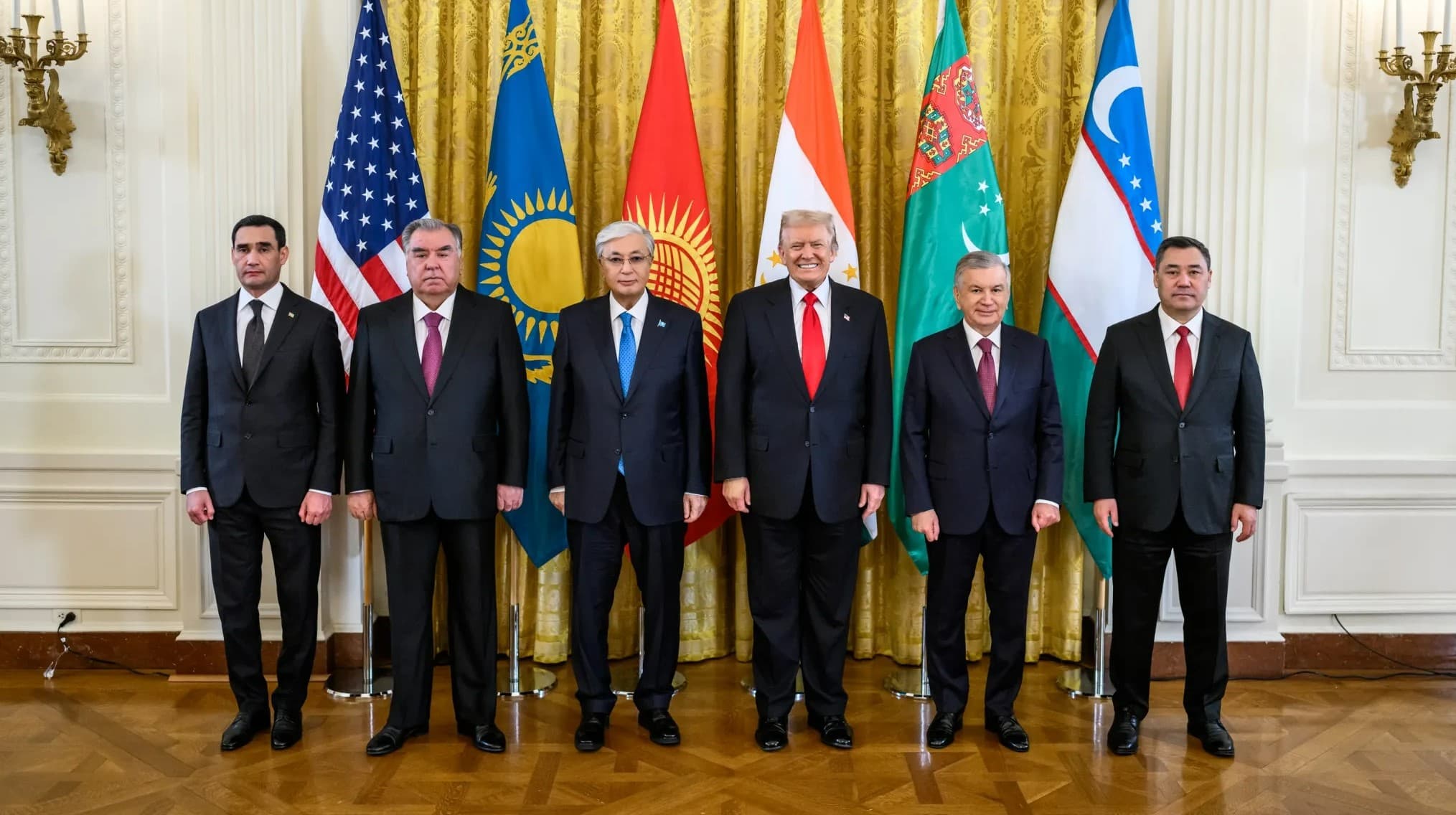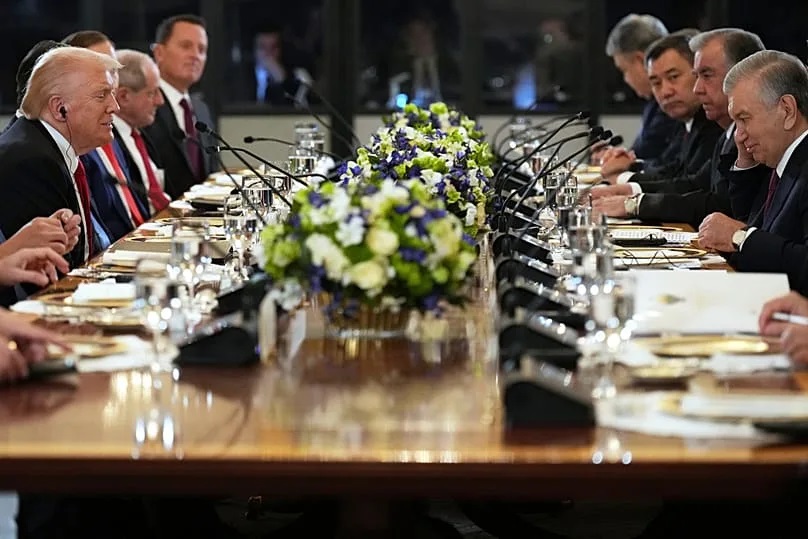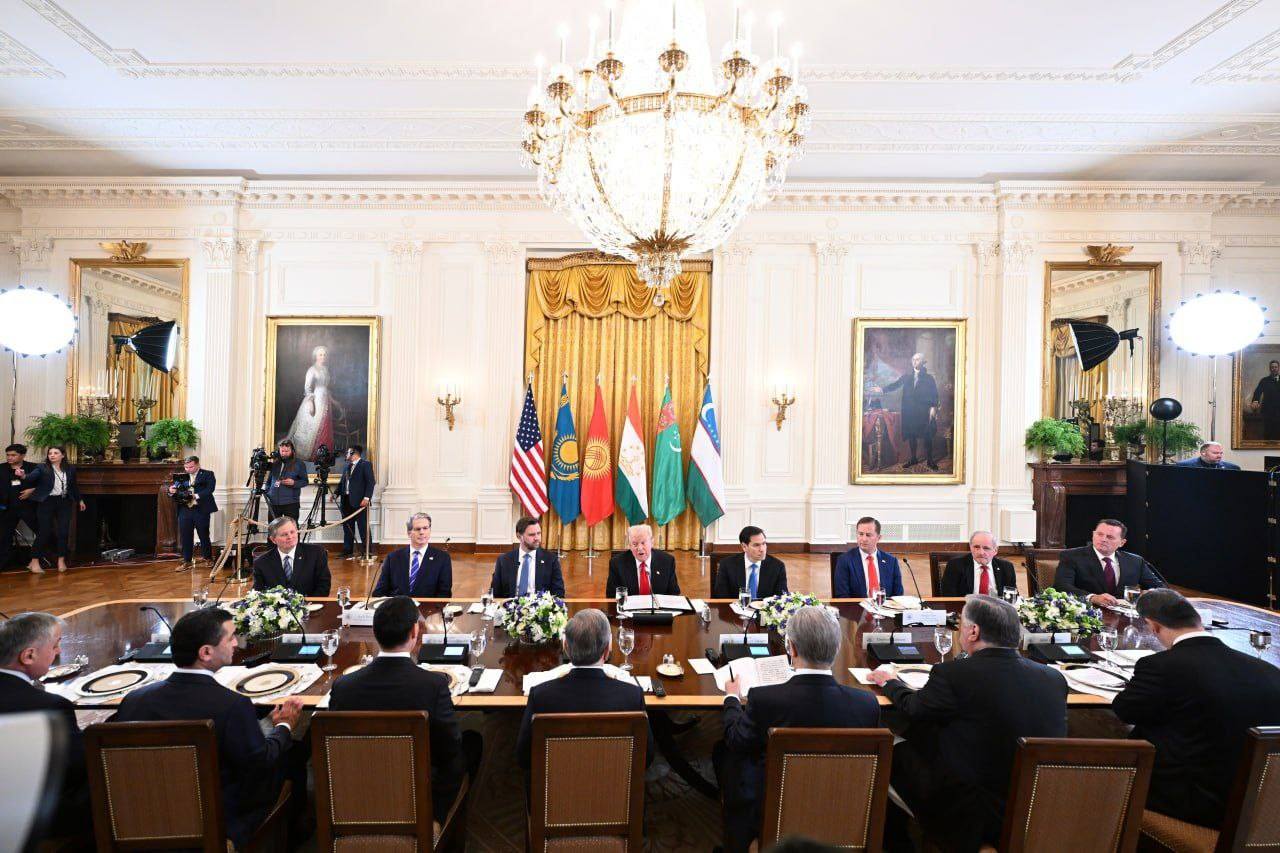

On the occasion of the 10th anniversary of the Central Asia-USA Diplomatic Platform (C5+1), the governments of the six countries adopted a Joint Statement of Intent on Economic Cooperation. This document not only reaffirms their commitment to dialogue but also formalizes the strategic vectors previously outlined by President Donald Trump and the region's leaders.
The joint statement begins with an acknowledgement that gives the document particular strategic significance: "a healthy economy... supports the sovereignty, independence, and territorial integrity of our countries."
This provision, along with the active reference to the B5+1 (the business equivalent of the C5+1), confirms that economic dialogue is viewed as a key tool for ensuring regional stability and sovereignty.
The Statement places particular emphasis on creating a transparent and sustainable legal framework for investors. This section emphasizes the transition from declarations to regulatory reforms and business protection.
Countries commit to improving the business environment. Particular emphasis is placed on upholding the sanctity of contracts and transparent commercial dispute resolution processes. Support for the development of small and medium-sized businesses and IT startups is agreed upon, including creating conditions for simplified access to venture capital and international markets.

The parties agreed to cooperate to improve product standards and respect intellectual property rights, which are critical for attracting investment. Support is expressed for further meetings within the framework of the business analogue, the B5+1 Forum, the next of which will be held from February 4-6, 2026, in Bishkek.
The "Trade, Investment, and Critical Minerals" section contains the most specific geopolitical message: the countries will continue to participate in the C5+1 Critical Minerals Dialogue to expand investment opportunities in exploration, mining, and processing. The goal is to "help connect Central Asia's critical minerals to the global value chain."
This is a clear affirmation of the US commitment to diversifying its high-tech resource supplies, reducing dependence on other major global players.
The official document mentions new transportation initiatives linking the region to external markets, including the Trans-Caspian Trade Route (TCTR). The countries intend to "fully develop the potential of the TCTR" to strengthen supply chain resilience.
The statement calls for "expanding air connectivity" between the C5+1 countries to promote closer trade and cultural ties.
Cooperation is also intended to strengthen commercial ties and support workforce professionalization through educational exchanges that promote training in technology, extractive industries, and other high-growth sectors.
This comprehensive approach demonstrates that the success of large-scale logistics projects (LMPs) directly depends on "soft" factors—the simplification of customs procedures, the development of air connectivity, and personnel training.

The statement clearly marks the shift from traditional to technological cooperation. This concerns both digital infrastructure—countries commit to implementing reliable internet and communications technologies, including fiber-optic cables, 5G, 6G, and satellite communications—and artificial intelligence. AI is mentioned in several paragraphs: as a tool for innovative growth, for academic exchanges, and for the development of "smart cities." A separate paragraph is devoted to cybersecurity—strengthening cooperation in protecting critical infrastructure and sharing information on cyber threats.
The joint statement of intent on the occasion of the 10th anniversary of the C5+1 is the most concrete and ambitious document in the format's history.
It translates President Trump's public declarations of "regional priority" into formal intentions in key sectors: critical minerals, the Trans-Caspian Corridor, and digital technologies.
By actively participating in this dialogue, Turkmenistan confirms its role as a strategic, stable partner multi-vector policy of which allows it to be a key link in the formation of new global supply chains and transport routes.
ORIENT